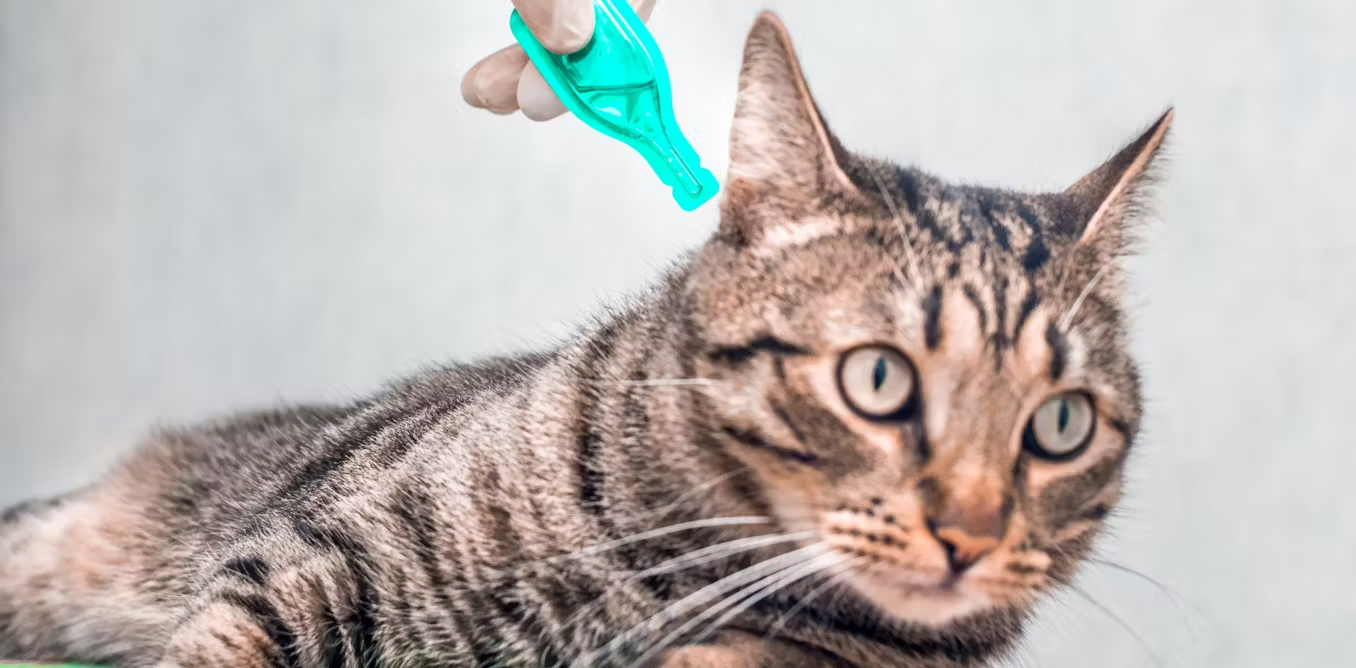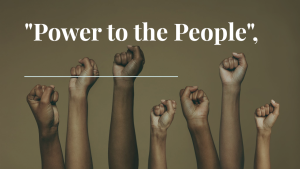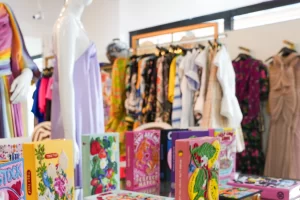Skip to content
- 1. General characteristics of boys and girls up to six years of age. Main factors involved in its development.
- 2. Psychomotor development in boys and girls up to six years of age.
- 3. The development of personality. Affective development in boys and girls from 0 to 6 years old.
- 4. The child discovers the others. Discovery, bonding and acceptance process.
- 5. Cognitive development up to six years of age. The knowledge of reality.
- 6. Influence of the main pedagogical and psychological currents in Early Childhood Education.
- 7. The family as the first agent of socialization.
- 8. Health education.
- 9. Food, nutrition and dietetics.
- 10. Sex education in childhood.
- 11. Achievement of the general capacities of the stage through the objectives and contents of the areas of the Early Childhood Education curriculum.
- 12. Principles of educational intervention in Early Childhood Education.
- 13. Programming in the first cycle of Early Childhood Education.
- 14. Programming in the second cycle of Early Childhood Education.
- 15. The role of the teacher in Early Childhood Education.
- 16. The organization of spaces and time.
- 17. Equipment, didactic material and curricular materials in Early Childhood Education.
- 18. Language development. Language and thought.
- 19. The teaching and learning of the language in Early Childhood Education.
- 20. Children’s literature. The story: its educational value.
- 21. Musical education in Early Childhood Education.
- 22. Evolution of plastic expression in boys and girls.
- 23. Body expression. The gesture and the movement.
- 24. The influence of the image on the child. The reading and interpretation of images.
- 25. Training of skills related to logical-mathematical development. 1 \ Agenda






